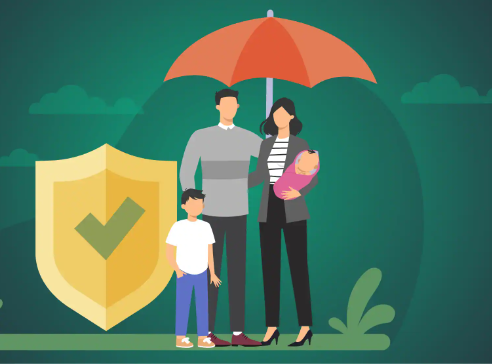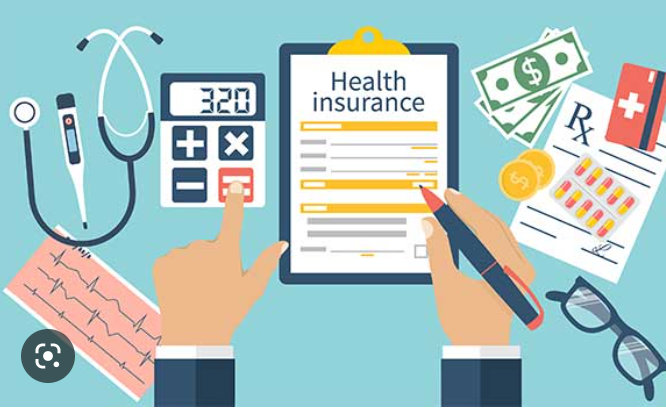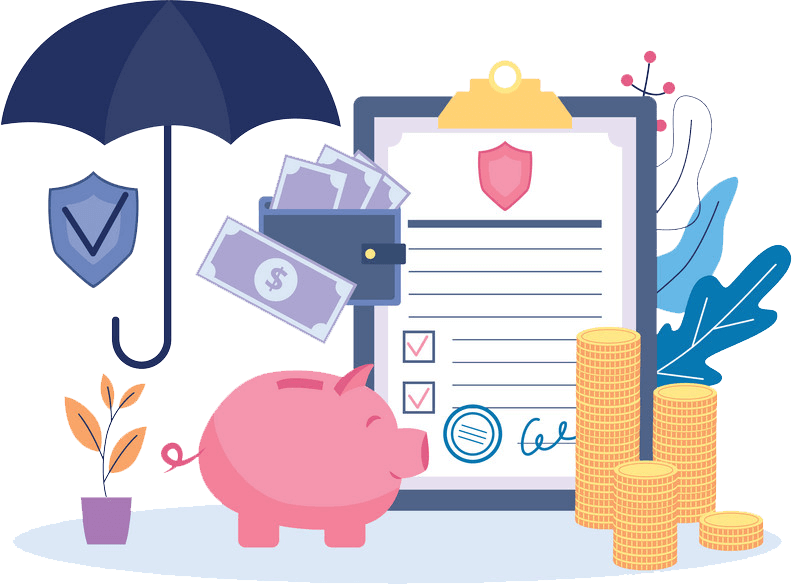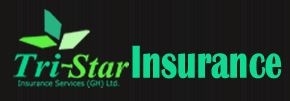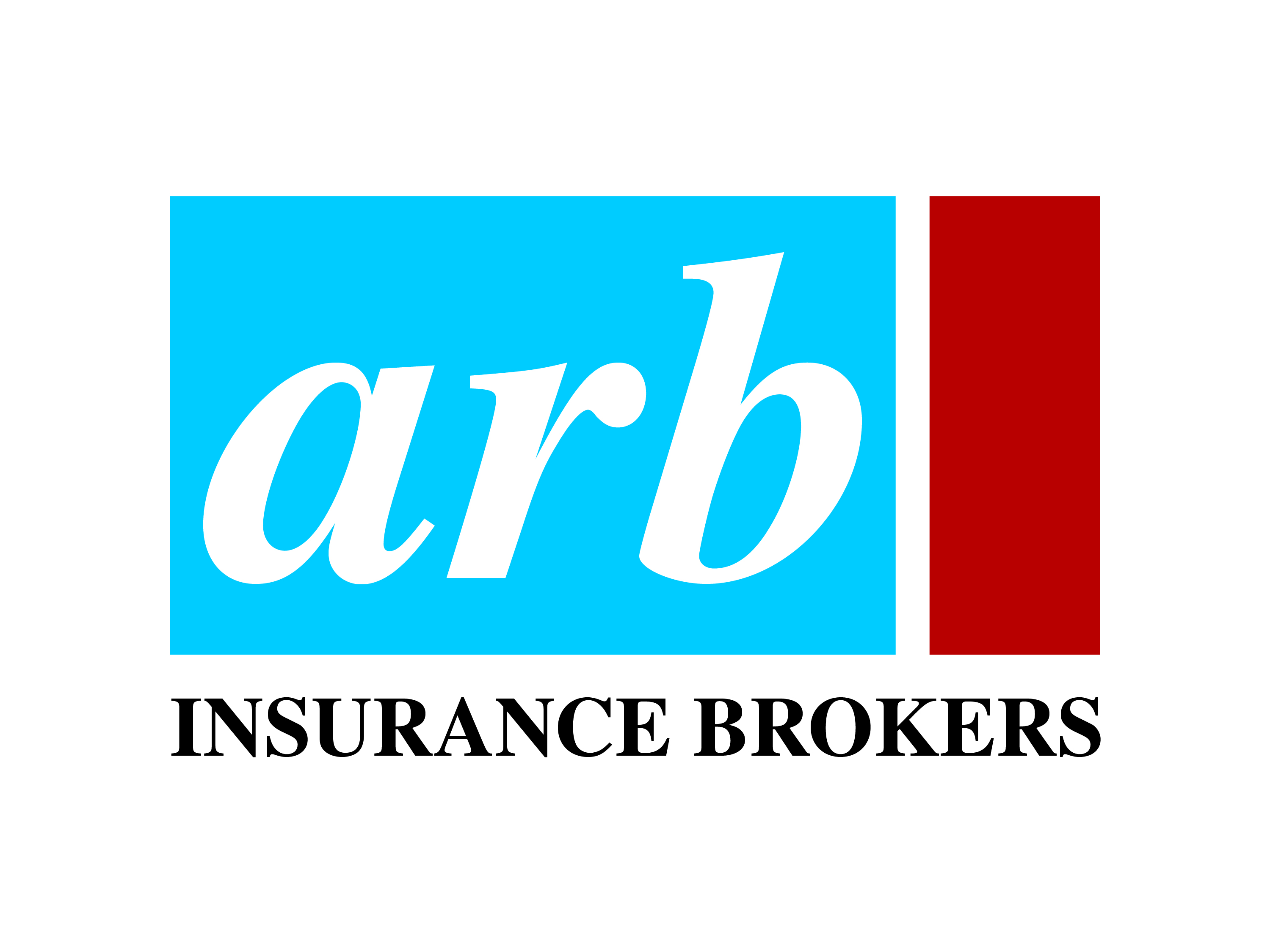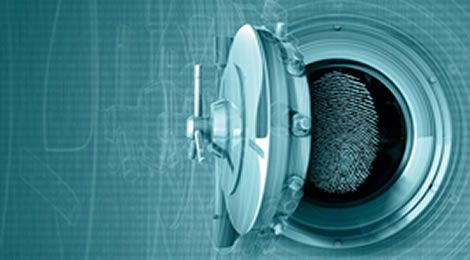
2019-02-06 by Admin
In today’s world, every person or
business with a computer, tablet or smartphone needs to be concerned
about cybersecurity. Somewhere there is a hacker with nefarious intent
who wants your client list, your business account numbers or even
personal information about your employees.
Thankfully, many of the best steps you
can take to protect vital data are easy to implement. Here are some
recommendations from the Federal Communications Commission about how
small businesses can protect themselves from cyber attacks:
1. Provide security training
Set
guidelines on Internet use, including penalties for violating company
cybersecurity policies. Establish rules about how to handle and protect
critical data.
2. Protect computers and networks
One
of the best defenses against viruses and malware is to maintain updates
of security software, web browsers, and operating systems. Set
antivirus software to automatically scan after an update.
3. Protect Internet connections with a firewall
Enable
the operating system’s firewall or install firewall software available
online (you can get it for free). If employees work from home, make
certain their home system also has a firewall.
4. Have a plan for mobile devices
The
FCC notes that mobile devices pose significant security challenges if
they can access the corporate network or hold company data. “Require
users to password protect their devices, encrypt their data, and install
security apps to prevent criminals from stealing information while the
phone is on public networks.”
5. Make and keep backups
This should occur at least weekly and copies should be kept off site or on the cloud.
6. Control computer access
Don’t
let unauthorized individuals access computers. Lock up laptops when
unattended. Have separate accounts for every employee and only grant
administrative authority to trusted IT staff and key employees. Don’t
let employees install software without permission.
7. Secure your Wi-Fi
If
you have a workplace Wi-Fi network, keep it encrypted and hidden by
setting up your wireless access point or router so it does not broadcast
the network name. Protect router access with a password.
8. Protect financial data
Check
with banks and credit card processors to verify that anti-fraud
services are in place. Isolate payment systems from less secure
programs. Use a separate computer to process payments and don’t use it
for Internet surfing.
9. Maintain strong passwords
Require
employees to change passwords regularly and teach them to create strong
passwords.
You can also implement multi-factor authentication that
requires additional information beyond a password—especially for
accessing sensitive data.
In an article for Computerworld,
Nicholas Evans suggests that you also assess your existing digital
exposure. “How many web sites are storing your credit card info? How
many have an up-to-date card number and expiration date? Where do you
have important documents, files, and videos across the web?
… If there
are particular sites that you no longer use, you may also want to delete
your account profiles there.”
The U.S. Department of Homeland Security provides additional recommendations to protect against cyber attacks:
•
Don’t provide personal information through email unless you contact the
company directly and verify the legitimacy of any request.
• Pay
attention to website URLs. Malicious websites often use a variation in
spelling or domain suffix (for example, .com instead of .net) to deceive
computer users.
• Don’t open any email if you question its
authenticity and turn off the option that automatically downloads
attachments.
In fact, if you don’t know the sender personally, you
should save any attachment to a disk and run an anti-virus scan before
you open it.
The U.S. Computer Emergency Readiness
Team advises anyone using a computer to remember the Internet is a
public resource.
“Only post information you are comfortable with anyone
seeing.
This includes information and photos in your profile and in
blogs and other forums.
Also, once you post information online, you
can't retract it.
Even if you remove the information from a site, saved
or cached versions may still exist on other people's machines.”
By Flint Stephens
May 26, 2015 at 1 a.m.
2024-01-07
Third-party insurance premiums up from January 1; ¢482 for private cars and ¢637 for taxis
Read More
2023-12-29
Do I need Insurance to protect my properties, life and family?
Read More
2023-12-28
Insurance Brokers In Ghana
Read More
2023-12-22
Prudential Life Insurance introduces Mekakrawa-Micro Insurance in Sunyani
Read More
2023-12-22
Serene Insurance Company, The New Face Of Insurance
Read More
2023-12-20
Hollard Insurance is the Best Organisation in Compensation and Benefits
Read More
Why Buy Insurance ?
2018-06-06 by Admin
There will be no need for insurance if we are living in a perfect world on this planet called EARTH. Our goods would always arrive at their destination
Read More
Emerging Trends In Ghanaian Insurance Market An Overview
2018-06-04 by Admin
According to a report by a UK based IT Solutions, Ghana has one of the fastest growing insurance industries in the world.
Read More
Top 10 Insurance Brokers In Ghana
2018-06-05 by Admin
Ghana 2016 68 Insurance brokering companies that operated in Ghana in 2016 earned Income of GHC 73,144,221 in 2016 representing growth rate of 12%.
Read More
What Your Insurance Broker Should Do For You
2018-06-05 by Admin
Read More










